Posted on 5/12/2023
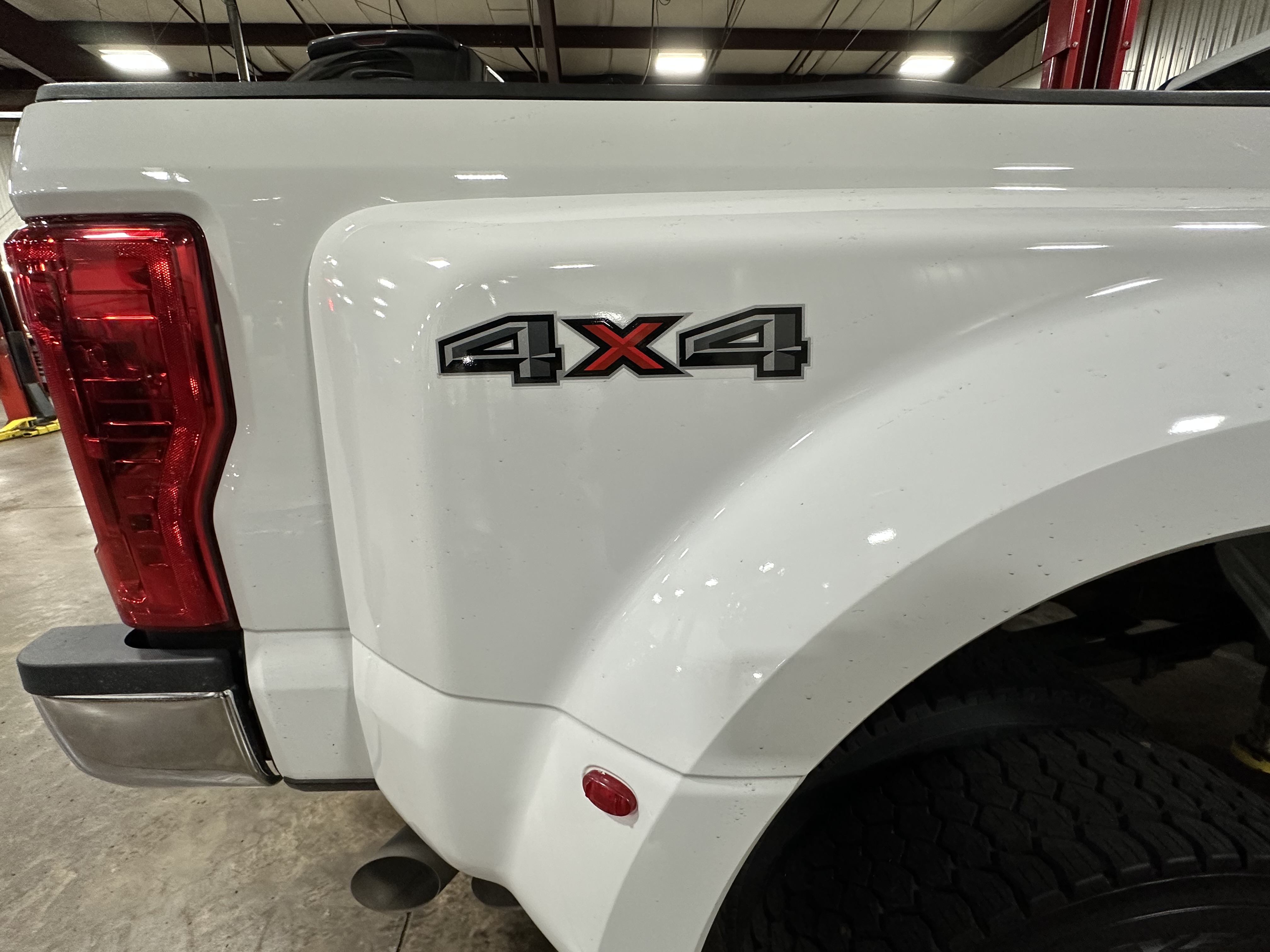
When it comes to choosing a vehicle, you may have come across the terms AWD and 4WD. These two terms may sound similar, but they refer to two different types of drive systems in a vehicle. Understanding the difference between AWD and 4WD is important. Especially if you are looking to buy a vehicle that can handle challenging terrain or weather conditions. Learn more about their key differences to see which one is right for your driving needs. AWD stands for all-wheel drive. This means that all four wheels receive power from the engine at the same time. This type of drivetrain is found in cars and SUVs. And it offers better traction control and handling in slippery conditions. AWD systems can distribute power between the front and rear axles depending on the driving conditions. This means that AWD vehicles can handle snowy or wet roads better than 2WD vehicles. AWD is also useful for drivers who encounter varying road conditions. And drive on city streets ... read more
Posted on 3/14/2023
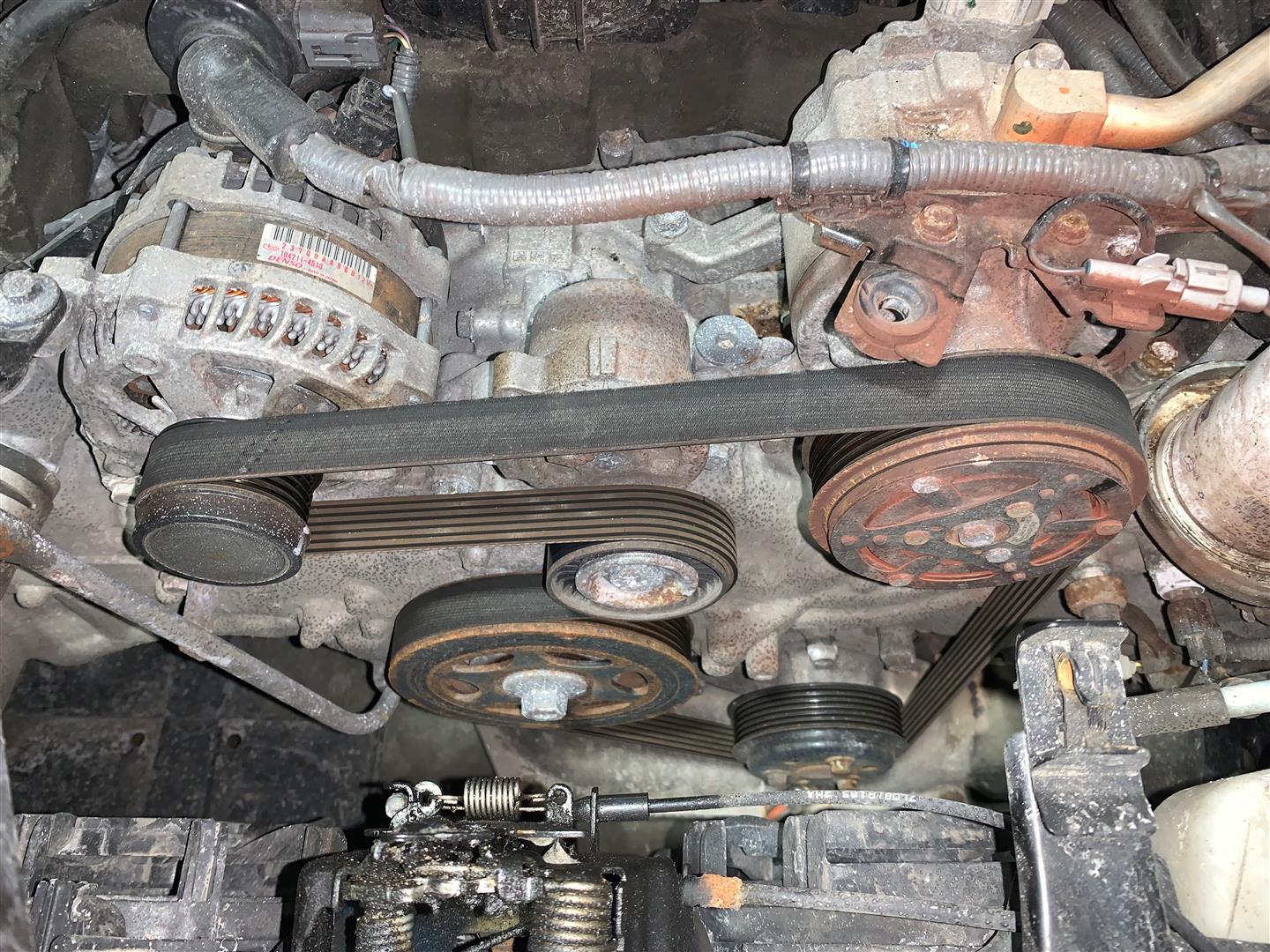
You’ve probably heard of serpentine belts before, but do you know what they actually do? Serpentine belts are an important part of your car's engine. And can drastically impact its performance. Let’s take a look at the purpose of a serpentine belt and why it’s so crucial for your car. The Basics of Serpentine Belts A serpentine belt is a long, flexible belt that wraps around several components in the engine, such as: The crankshaft pulley Alternator pulley Power steering pump The belt is driven by the crankshaft pulley, which connects to the engine’s main crankshaft. As the crankshaft spins, it turns the belt, which in turn drives all the other components in the engine. What Are The Benefits of a Serpentine Belt? The serpentine belt drives many components at once instead of needing separate belts for each com ... read more
Posted on 2/28/2023
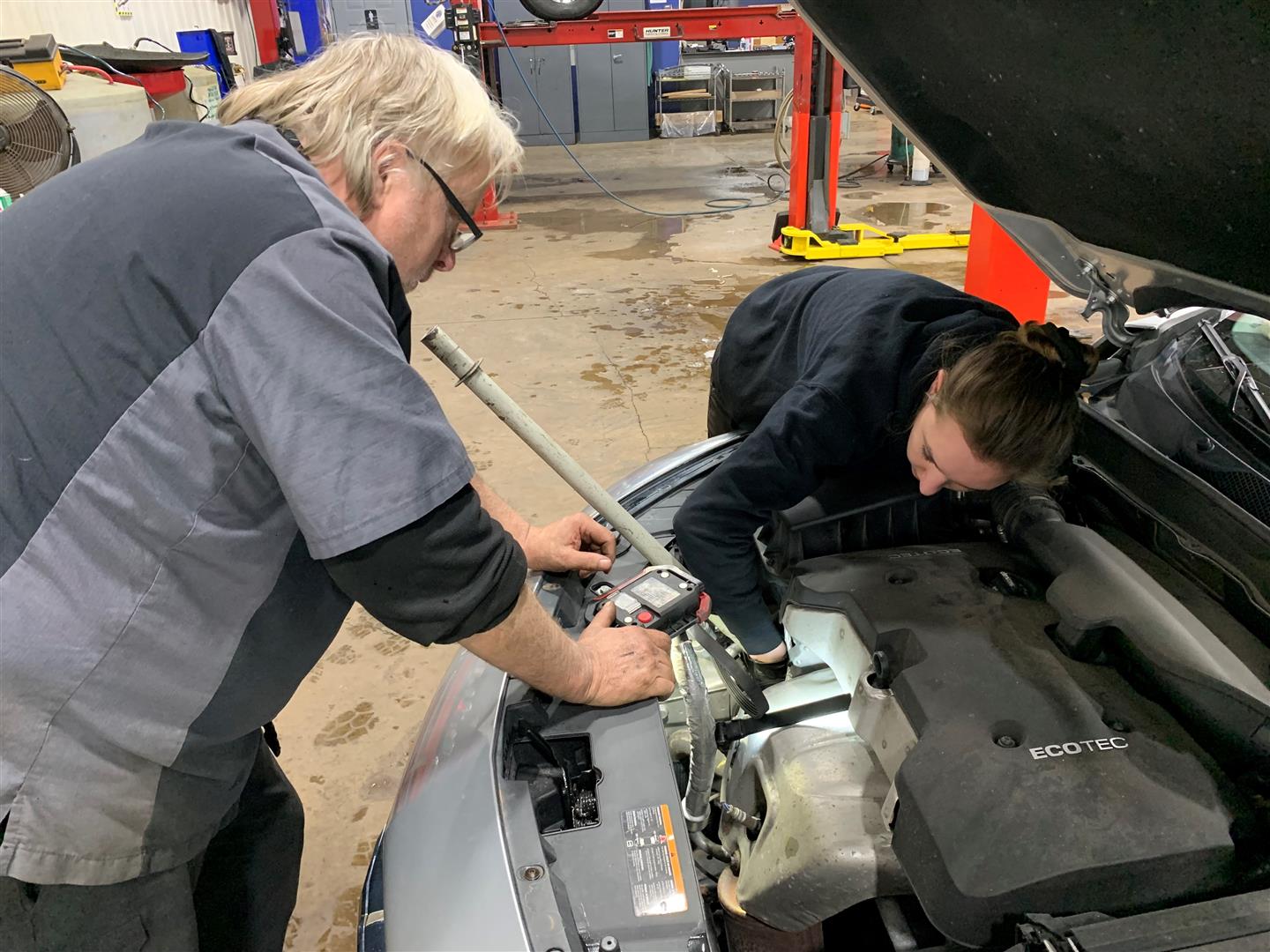
Most people know that cars require regular maintenance to ensure optimal performance. One of the most important maintenance tasks is getting a tune-up. But what exactly is a tune-up, and how often should you get one? Let’s take a look. What Is A Tune-Up? A tune-up is like an oil change for your car's engine. It’s an inspection and service of your vehicle's major systems. This includes: Spark Plugs FiltersFluids Fuel Injection System Timing Belt Ignition Wires Hoses Auto technicians may also adjust settings such as idle speed, valve clearance, and ignition timing. The frequency with which you need to get a tune-up will vary depending on the make and model ... read more
Posted on 2/28/2023

Making the decision to repair or replace your car can be tough. On the one hand, you don’t want to sink too much money into an old car – but on the other, you don’t want to spend more than you have to. Before making any decisions, weighing each option’s pros and cons is important. Let’s break it down for customers looking for guidance. Assessing Your Car’s Condition The first thing to do before deciding whether to fix or get rid of your car is to assess its condition. If your car is newer and still under warranty, many repairs may be covered by the manufacturer. And that makes it easier to decide whether to keep it or not. If it’s an older model, other things need to be taken into account. Consider how much money you have already invested in repairs versus how much longer you think the car will last if fixed again. Inv ... read more
Posted on 2/9/2023
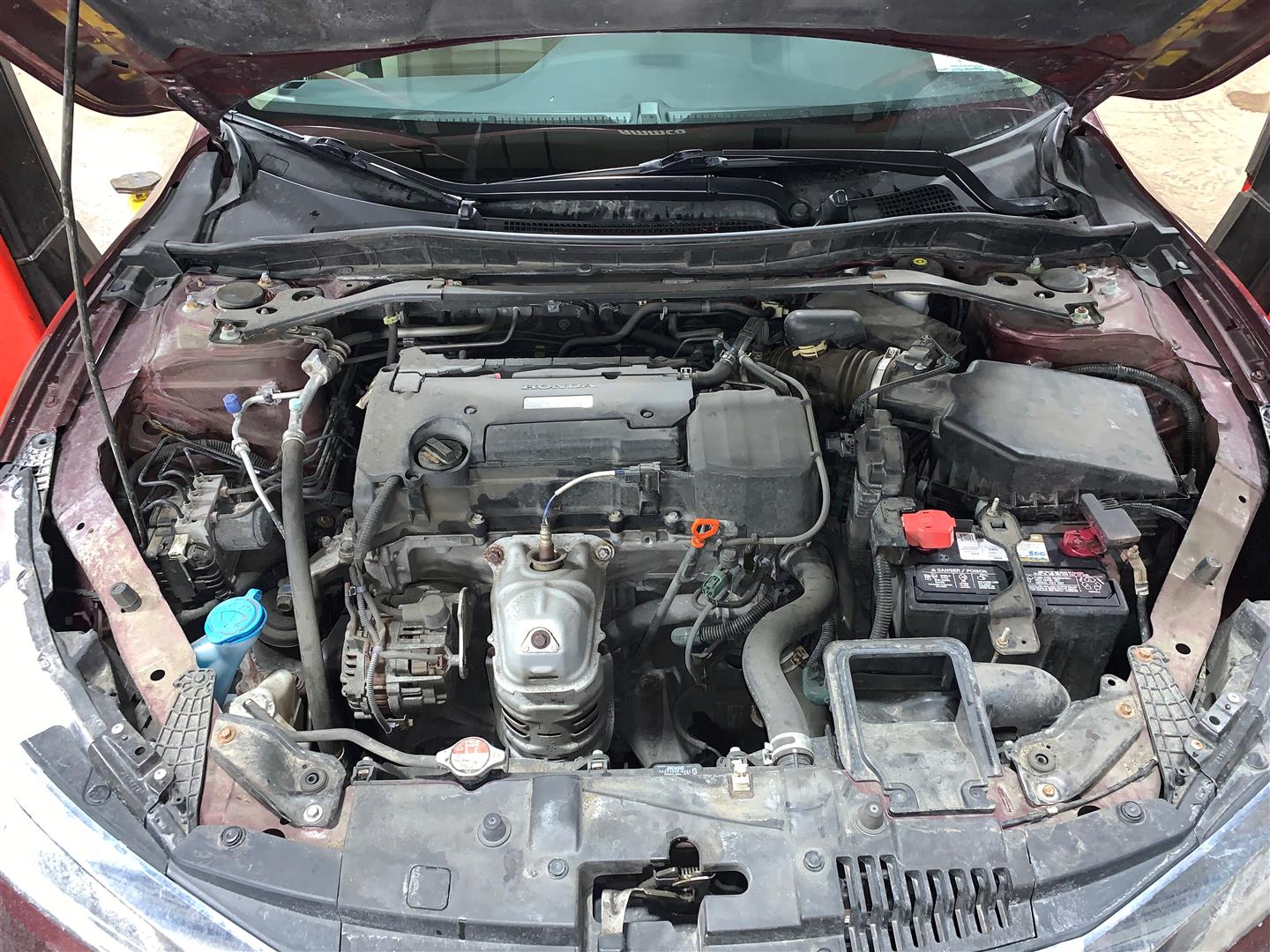
If your vehicle is shaking or vibrating when idling, it could be due to a variety of reasons. In some cases, the issue may be minor, such as a loose part or an engine misfire. It is important to look into this issue as soon as possible as it could indicate a more serious problem. Let’s take a look at some of the potential causes and why they are problematic. Common Causes of a Vehicle Shaking When Idling Worn Spark Plugs Worn spark plugs can lead to decreased fuel efficiency or increased exhaust emissions. Sometimes power loss. This is due to inadequate combustion in the engine cylinders. Engine Misfire An engine misfire can also be caused by worn spark plugs where only some of the cylinders fire correctly. This leads to an uneven running engine that shakes at idle. A misfiring cylinder can also cause poor fuel economy and increased emissions. Loose Parts Another common cause of vibration while idling is due to loose parts. This includes ... read more
Posted on 2/3/2023
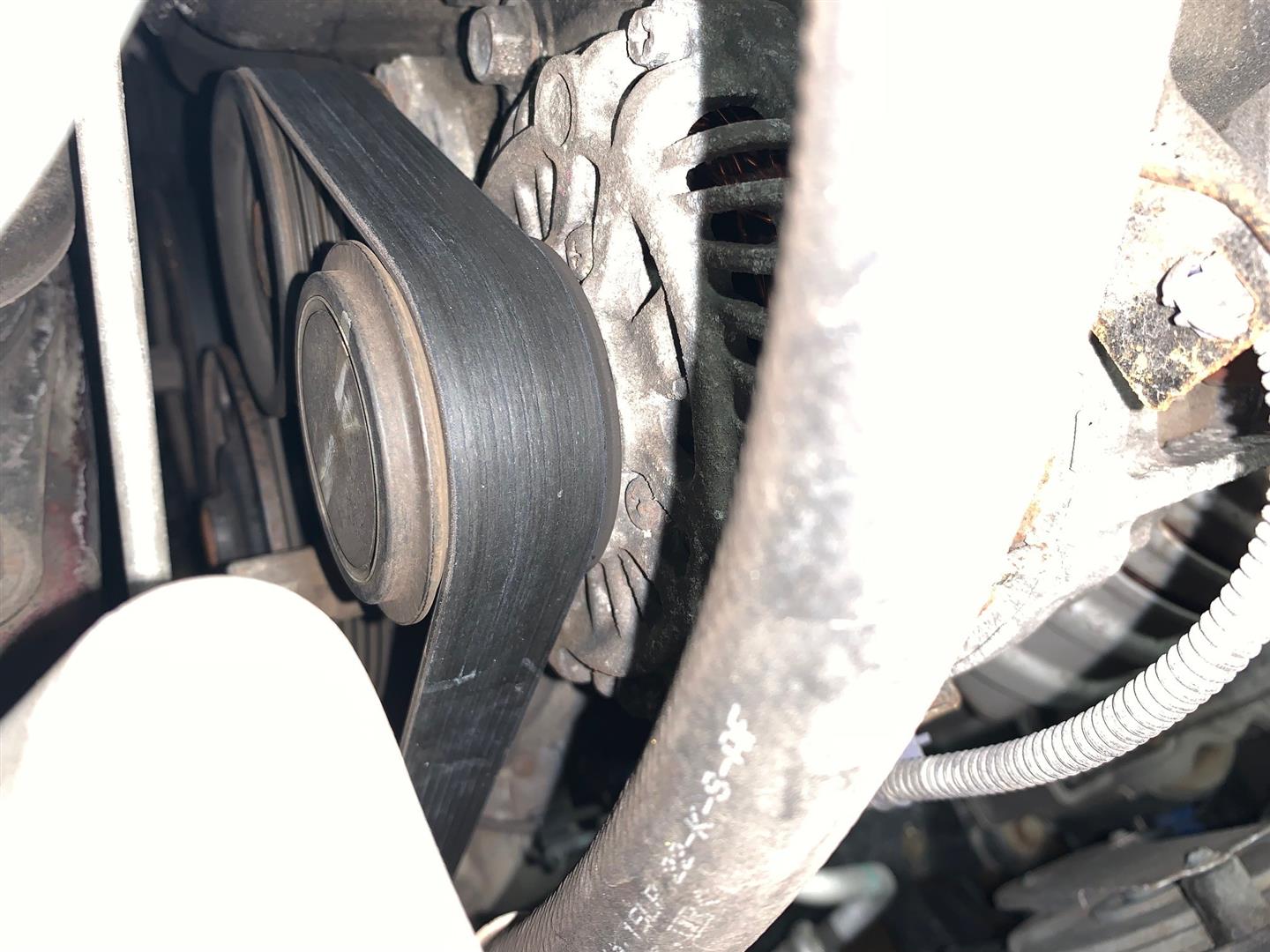
Have you ever heard a high-pitched squeal coming from your vehicle when you turn your vehicle or AC on? Chances are that noise is coming from your vehicle belt and it’s a sound you don’t want to ignore. Your vehicle belts are an important part of your car and need proper care in order to function properly. Let’s take a look at why vehicle belts squeal and what can be done to stop them. What Are Vehicle Belts? Vehicle belts are found in the engine compartment of most vehicles. They work as a direct connection between the engine crankshaft and other components. These include the alternator, water pump, air conditioning compressor, and more. All these parts rely on the vehicle belt for power transmission so they can operate properly. Why Do Vehicle Belts Squeal? When a belt starts to wear out or become too loose due to heat, it can cause it to slip off its pulley while running. This c ... read more
Posted on 10/26/2022
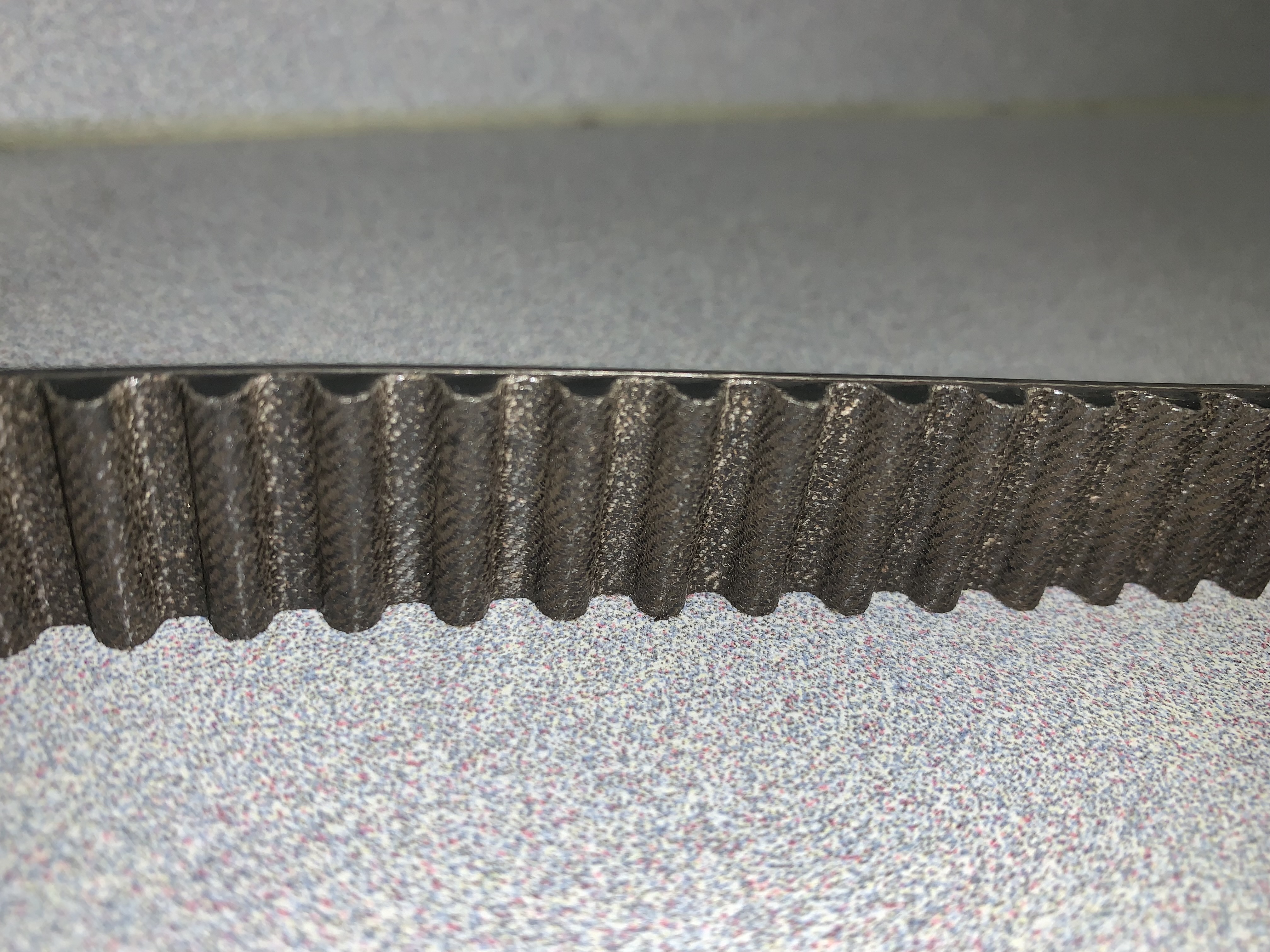
Timing belts are a common vehicle maintenance item and can wear out over time or break without warning. Your car’s engine relies on the timing belt to stay in sync. The timing belt ensures that everything in your engine operates smoothly and keeps you safe while driving. Find out how your timing belt works and when to replace it. What Is A Timing Belt? Your timing belt is made of rubber and has hard “teeth” that connect with gearwheels in the camshafts and crankshaft. The camshafts and crankshaft on a combustible engine work together to control the intake of fuel and the release of exhaust fumes. The timing belt is responsible for synchronizing the operations of the crankshaft and camshafts. If the engine components do not work in unison, your engine could experience loss of pressure, poor combustion, and power loss. This can result in costly repairs. Your car may have a timing chain instead of a timing belt, depending on your ... read more
Posted on 9/27/2022

Lou’s Car Care is a full-service, independent auto repair shop in Baldwinsville, NY. We repair all makes and models of vehicles including European product lines. Just like humans, automobiles need checkups from time to time. Our certified auto technicians can complete routine oil changes, new tires, brake and rotor replacements, and alignments. We can also handle more in-depth concerns such as engine diagnostics, heat or a/c malfunctions, and electrical issues. Germany is well known for producing quality vehicles that last a lifetime. Audi, BMW, Mercede ... read more
Posted on 9/13/2022
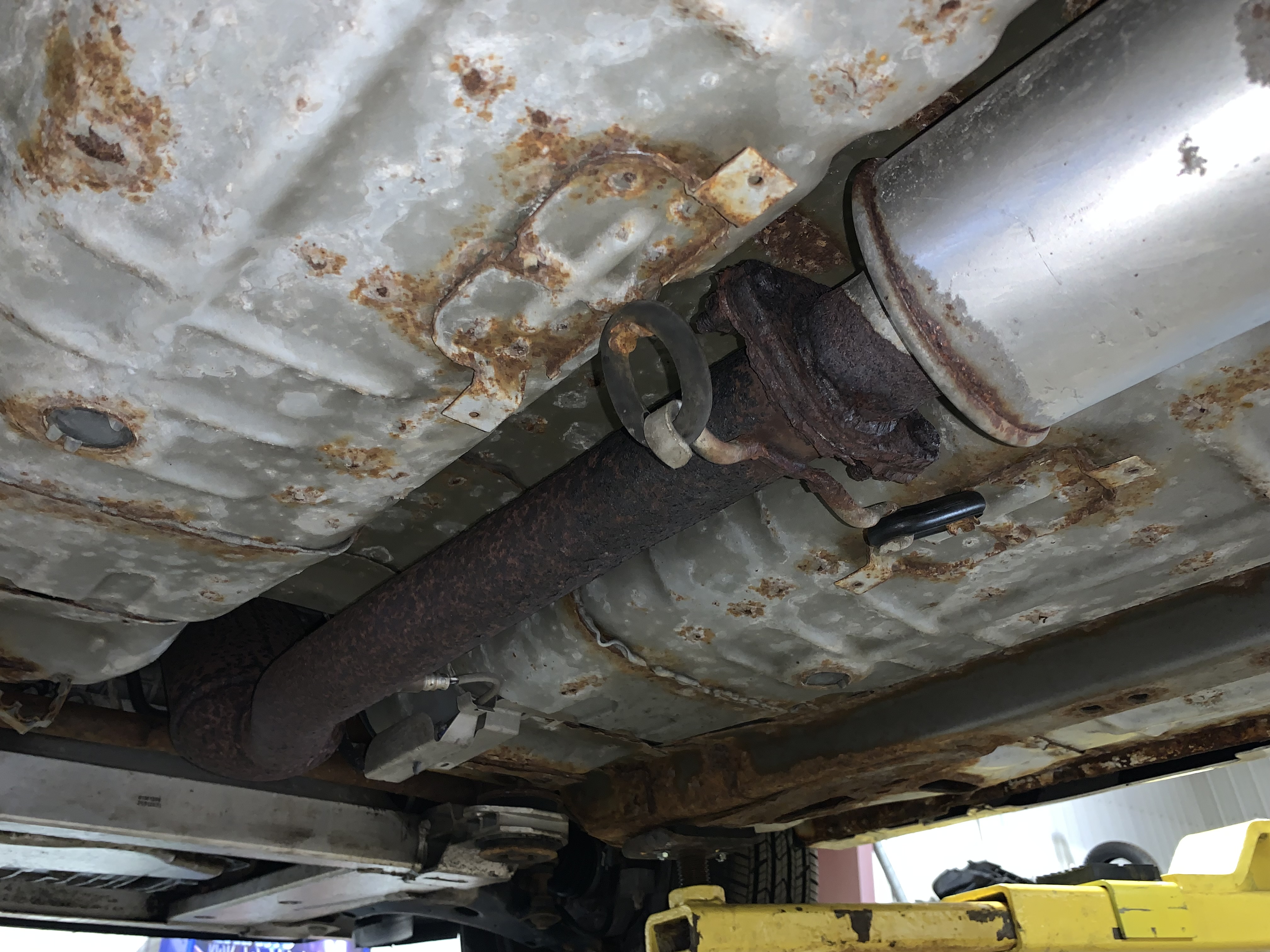
With today’s changing automotive environment, many people question repairing their vehicles. Your car’s exhaust system does so much more than keep your vehicle quiet. It helps your engine run, reduces emissions, and directs exhaust fumes away from the cabin. The exhaust system is closer to the ground and more vulnerable to moisture and debris from the road. Repair costs on damaged or worn-out exhaust components vary. But waiting too long to make these repairs can be very expensive in the long run. Here are some items to keep in mind if you think your car, truck, or SUV is experiencing exhaust issues. RUST When any type of water or vapor sits in your exhaust system for too long, it causes a corrosive effect. Water reacts with the iron in steel and creates iron oxide called rust. If you often make short trips in your car, the moisture in the exhaust system cannot get hot enough to vaporize. The standing water in your exhaust sys ... read more
Posted on 6/30/2022

Regular oil changes and scheduled maintenance are important in keeping your car, truck, or SUV in top shape. But do you know what the consequences are when you don’t keep up with your oil changes? Here are the top 3 signs your vehicle may have an oil leak. Motor oil moves through a running engine and allows all the parts and components to work together smoothly. Your engine oil becomes dirty and filled with contaminants over time. This contaminated oil will begin to cause the engine parts to rub together and wear down. Motor oil will eventually make its way through any pockets, holes, and broken seals caused by the friction of the dirty oil. And will begin leaking out. Signs Of An Oil LeakDark Brown/ Black Puddles Under Your Car Dark fluid dripping from un ... read more